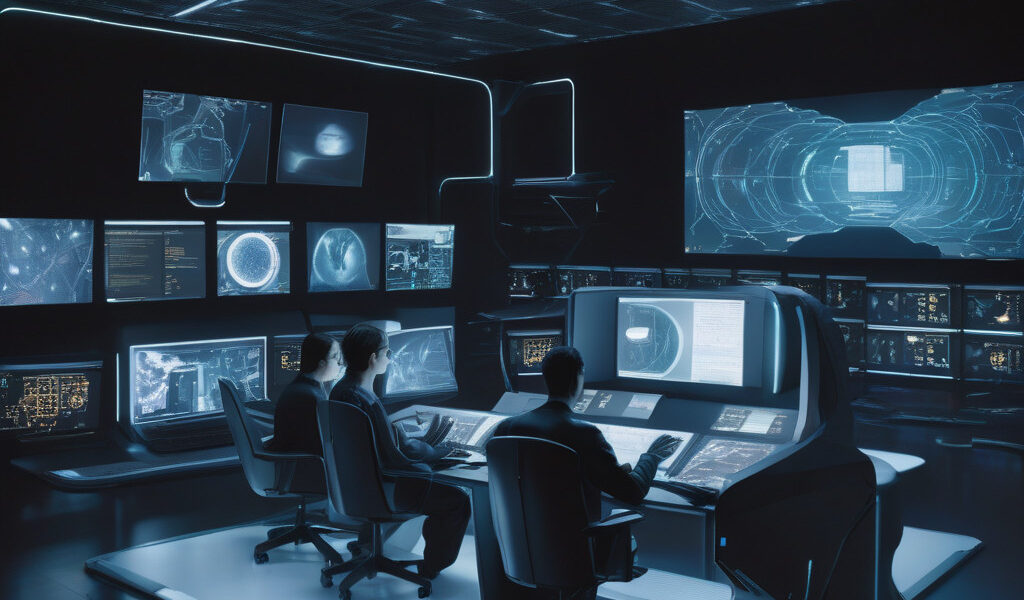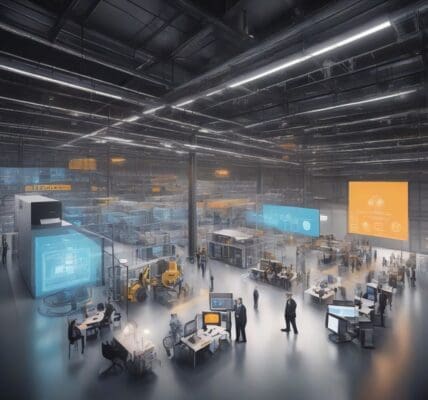Search's Future Depends On Computer Vision, Artificial Intelligence
The Future of Search: How Computer Vision and Artificial Intelligence Are Shaping the Way We Find Information
As technology continues to advance at a rapid pace, the future of search engines is becoming increasingly reliant on cutting-edge developments in computer vision and artificial intelligence. These technologies are revolutionizing the way we interact with search engines, allowing for more intuitive and efficient ways to find the information we need online.
Computer vision, in simple terms, allows machines to interpret and understand the visual world. When it comes to search engines, this means that instead of just analyzing text-based queries, computers can now “see” images and videos to provide more accurate and relevant search results. In computer vision, the machine sees a series of numbers rather than an image. The computer interprets these numbers to recognize objects and reconstruct images, allowing it to identify the scene accurately.
One of the key players in this technological advancement is Google. The search engine giant has been at the forefront of integrating computer vision and artificial intelligence into its search algorithms. By feeding data into algorithms that can match features between images, Google can develop 3D representations of objects and scenes. This not only enhances the accuracy of search results but also opens up new possibilities for visual search capabilities.
Imagine being able to take a photo of an unknown plant and instantly receiving information about it, or snapping a picture of a landmark and getting details about its history. These are just a few examples of how computer vision and artificial intelligence are transforming the way we search for information online.
But it’s not just about images. Video content is also playing a significant role in the future of search. With the rise of video platforms like YouTube and TikTok, search engines are adapting to accommodate video searches. Computer vision allows search engines to analyze video content, making it searchable based on its visual elements rather than just its metadata. This opens up a whole new world of possibilities for users looking to find specific moments within videos or explore visual content in more depth.
As computer vision and artificial intelligence continue to evolve, so too will the way we search for information online. The integration of these technologies into search engines is paving the way for a more interactive and immersive search experience, where users can find information not just through text-based queries but through images, videos, and other visual elements.
In conclusion, the future of search engines is undeniably tied to the development of computer vision and artificial intelligence technologies. As these technologies become more sophisticated and integrated into search algorithms, we can expect a more visual, intuitive, and personalized search experience that caters to the evolving needs of users in an increasingly digital world.
computer vision, artificial intelligence, search engines, visual search, technology advancements












